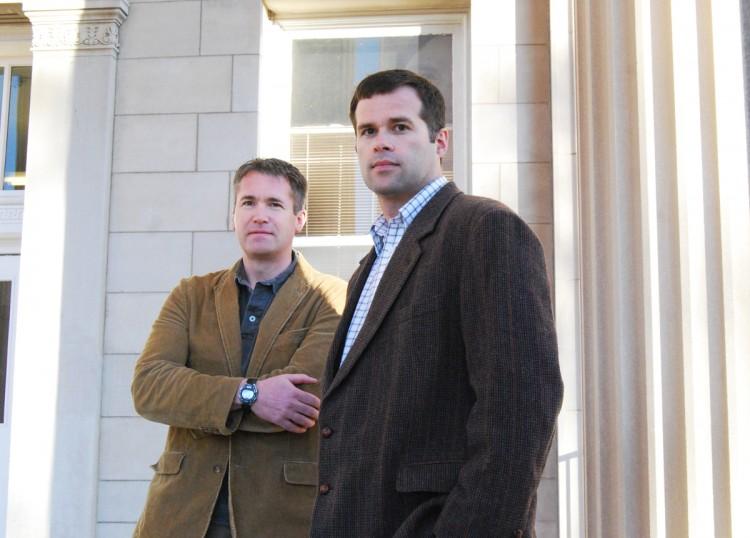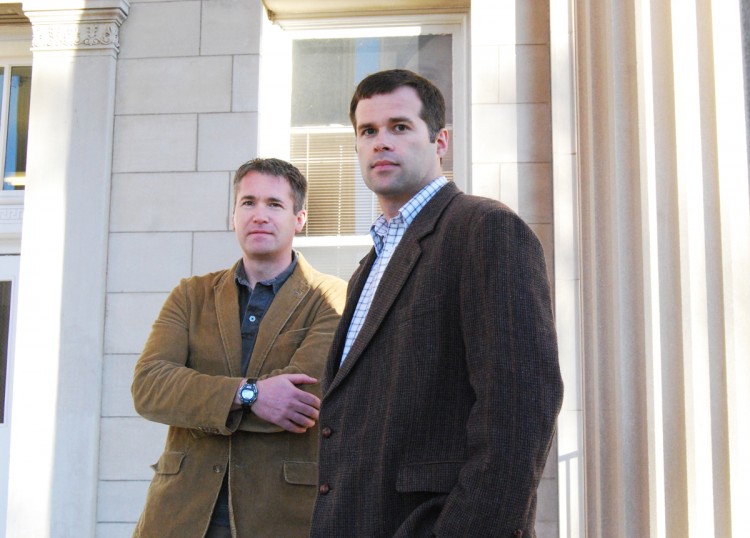Researchers at Iowa State University (ISU) studied the ability of paroled offenders to stay out of prison. They found that treatment programs work, but not for parolees in rural areas.
“It goes back to the big question: Does treatment work? And we show pretty powerful effects overall that it does. There’s nobody that can look at that kind of reduction and say dollars spent on treatment are not worth it,” said Dr. Andy Hochstetler, associate professor of sociology at ISU, in a March 4 press release announcing the study.
Hochstetler and Dr. David Peters, assistant professor of sociology at ISU, cannot yet explain why more urban parolees succeed in staying out of prison than rural parolees. The scholars made sure they were comparing similar populations in terms of criminal history, demographics, and other factors. They found that ex-prisoners received rehabilitation services without bias or disparities.
Many people who commit crimes serious enough for prison have substance abuse or mental health issues, according to Peters, adding that those problems tend to be lifelong. A person who manages his or her mental health or addiction problem needs to keep managing it because addicts and alcoholics tend to relapse, he said. People who go to prison often have more severe addictions to harder substances than people in the general population, and therefore recovery is harder for them, according to Peters, who asked, “How do you manage your addiction over your lifetime?”
Both urban and rural parolees in the study received mental health and substance abuse treatment. It is possible that parolees in rural areas were kept away from follow-up treatment such as attendance at support groups by lack of access or by stigma and lack of privacy, according to Peters. “People will recognize your car at a mental health center” out in the country, he said.
Another difference between the urban and rural parolees was that urban parolees also received treatment meant to address their specific criminal history, criminal attitudes, and criminal associations.
The sociologists’ next step is to interview people to learn the deeper reasons behind rehabilitation and recidivism. The first study was about numbers, while the next will be about the reasons behind the numbers. They will talk to corrections professionals and treatment providers, as well as look at former prisoners who were expected to fail—yet did not—and at those who were expected to succeed—but did not.
The goal is to learn what kind of treatment and support really works.
“People commit crimes. There’s not much the state can do about that ahead of time. But it’s in the state’s interest to make sure people can be rehabilitated,” said Peters.
Their second study will be completed in late fall of 2013, according to Peters.
The Epoch Times publishes in 35 countries and in 21 languages. Subscribe to our e-newsletter







